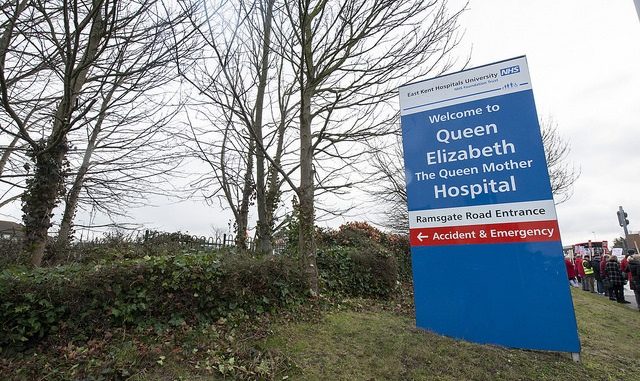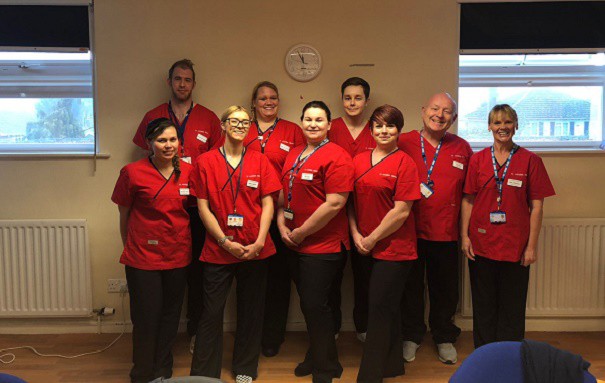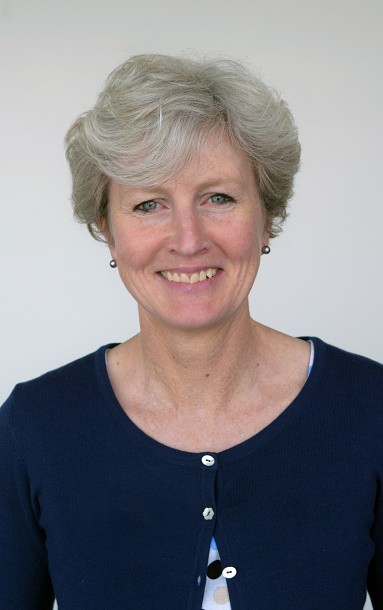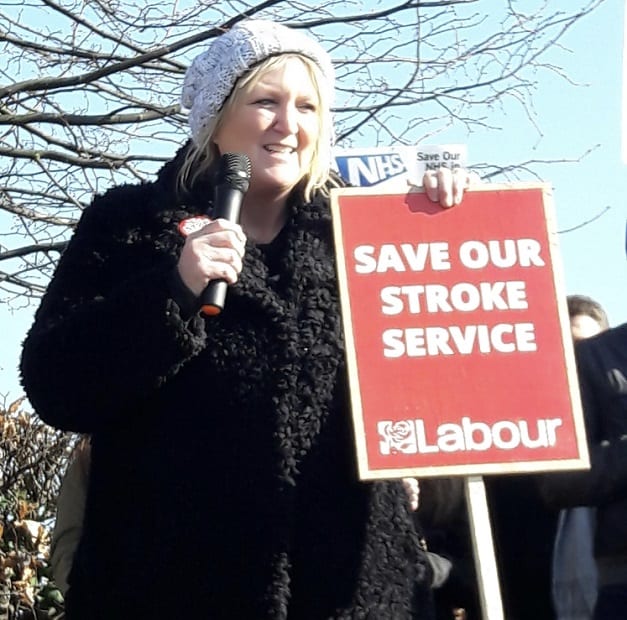
East Kent Hospitals University NHS Foundation Trust (EKHUFT), responsible for hospitals including QEQM in Margate, has been rated as Requires Improvement again by the health industry watchdog.
The rating is the same as that made in 2016 and follows inspections by the Care Quality Commission (CQC) carried out at the Trust’s hospitals in Ashford, Canterbury and Margate in May and June this year.
EKHUFT has been issued with improvement notices in four of five categories rated by the CQC, although inspectors did acknowledge a raft of improvements and outstanding practice in some areas.
EKHUFT was placed in special measures in 2014 after an overall inadequate rating. Following a second inspection in July 2015 the trust showed significant signs of improvement and an overall rating of requires improvement was applied although the trust remained in special measures.
It came out of quality special measures in February 2017 although ‘financial special measures’ remained in light of a budget deficit of some £24million – down from just over £35million the previous year.
The latest inspection shows there is still more work to be done but also highlights areas of outstanding practice.
The CQC looked in detail at four areas at three of the Trust’s five hospitals – urgent and emergency services, surgery, maternity and end of life care – as well as the ‘well-led’ aspect of the Trust.
The rating was that safety, effectiveness, well led and responsive all remain Requires Improvement and caring remains Good.
The 12 areas that EKHUFT has been told it must improve are:
- The trust MUST take action to ensure all staff providing direct care and treatment to children and young people and vulnerable adults receive safeguarding level three training in line with national intercollegiate guidance and trust policy.
- The trust MUST take action to ensure staff are monitoring fridge temperatures correctly and are escalating any medicine fridge temperatures that are out-of-range and understand how to do this.
- The trust MUST ensure that consent to care and treatment is always sought in line with legislation and guidance in relation to records of mental capacity assessments relating to decisions regarding ‘Do not attempt cardiopulmonary resuscitation’ (DNACPR).
- The trust MUST develop robust quality measurement programme to ensure it can accurately monitor the quality of care, patients’ outcomes, benchmark performance against National Institute for Health and Care Excellence Clinical Guidelines and other care standards in the maternity department at William Harvey Hospital.
- The trust MUST ensure it improves quality monitoring process and acts promptly where poor standards are identified to protect patients from receiving harmful care in the maternity department at William Harvey Hospital.
- The service MUST ensure doctors are up to date with mandatory training including child safeguarding training in the emergency department.
- The trust MUST take action to maintain the premises and equipment in main theatres at Queen Elizabeth the Queen Mother Hospital and ensure all facilities and equipment are safe and fit for purpose.
- The trust MUST ensure they take action to ensure recovery areas are staffed by at least one registered children’s nurse during children’s operating lists in line with the Royal College of Nursing standards.
- The trust MUST take action to ensure sufficient levels of nurse staffing on all surgical wards.
- The trust MUST ensure staff in main theatres consistently complete all controlled drug register entries in line with national medicines management standards, including documenting witness signatures.
- The trust MUST improve referral to treatment times for surgical patients on 18-week pathways.
- The trust MUST implement systems to ensure existing board members continue to meet the criteria for fit and proper persons during the entire period they are on the board.
Areas of outstanding practice

- The Trust’s use technology to improve the patient experience. For instance, patients can use mobile phone applications to access information about pregnancy and the maternity department, and to get additional support and guidance about surgery before and after their operation
- The specialist intravenous access team (pictured)which takes blood samples and inserts cannulas under ultrasound guidance – this gives patients a better patient experience as it minimises the number of attempts that need to be made to ‘find a vein’. The Trust is the first in the country to implement this innovative service in emergency departments.
- Within the emergency departments, equipment in the resuscitation area is very well organised with colour coded drawers and clearly labelled equipment in glass-fronted cabinets, which means staff can quickly find the correct equipment they need.
- The maternity service has ‘a unique and ambitious approach to education’ and the faculty of multi-professional learning provides training that ‘exceeded that of other maternity units’. The service has top of the range simulators for staff training and is the only maternity unit in England to have undertaken quality assurance in clinicians’ essential life support skills. The CQC said “it was notable that the maternity department had made great strides to drive learning, improve patient outcomes and inspire innovation”. Since the last CQC inspection, the Trust had introduced the maternity transformation programme, called ‘birthing excellence success through teamwork’ (BESTT), to reduce the number of stillbirths, admissions to neonatal intensive care, and skin tears during delivery by the end of next year.
Work to improve
The Trust has invested £13.5million to increase staffing and services ahead of this winter. This includes creating more beds for patients needing admission from the emergency departments at William Harvey and Queen Elizabeth The Queen Mother hospitals, reducing waits and creating more room in the emergency departments.
The investment includes extended ambulatory care so that more people can be seen, treated and discharged on the same day, without needing to be admitted to hospital; additional radiology services to provide a seven-day CT scanning service for rapid diagnostics and investment in new technology.
The Trust also recently announced plans to improve surgery waiting times and protect planned orthopaedic operations by moving some orthopaedic services to Kent and Canterbury Hospital this year to avoid having to cancel patients’ surgery in the busy winter months.
The Trust has also asked for national funding to extend the emergency departments at Margate and Ashford in the New Year by building new observation areas. This will create more space in the emergency departments during very busy periods and ensure patients needing observation can be cared for in a more appropriate environment than a busy emergency department.

Trust Chief Executive Susan Acott said: “We welcome both the outstanding practice highlighted by the CQC and the honest appraisal of the significant challenges we are working to overcome in east Kent.
“I am pleased that the CQC has again recognised the incredible dedication and compassion of our staff who work tirelessly to provide the best possible service they can to patients.
“As a Trust, we pride ourselves on our use of technology and have high ambitions to be an excellent training provider, so to have these two areas highlighted amongst our areas of outstanding practice is very encouraging.
“The CQC highlights further areas for improvement, including improving safeguarding training of staff caring for children and young people and vulnerable adults; the levels of nurse staffing on surgical wards; referral to treatment times for surgical patients; and capacity within our emergency departments and receiving wards.
“These are things we are already addressing as priorities.
“We have asked for national funding to extend the emergency departments at Margate and Ashford in the New Year by building new observation areas. This will create more space in the emergency departments and prevent patients needing to wait in open areas for a bed in extremely busy periods.
“We are recruiting additional nurses, doctors and consultants in our emergency departments, as well as paediatric nurses to provide 24/7 cover to care for children in the emergency department.
“We are all determined to continue to improve services for patients and resolve our challenges as quickly as possible.”
CQC
CQC’s Deputy Chief Inspector of Hospitals Amanda Stanford said: “I am pleased to report that East Kent Hospitals University NHS Foundation Trust has continued to make improvement since our last comprehensive inspection.
“The trust has been working with local stakeholders to develop a new clinical strategy that meets regional needs. Although it is important, this work must not be allowed to distract from support to the trust to drive forward improvements or embed the changes that are needed to support the trust leadership at this time.
“The board must concentrate on the strategic direction of the trust and allow staff to continue to embed the operational improvements that are required. We will return in due course to check their progress.”
The CQC individual rating for Queen Elizabeth The Queen Mother (QEQM) Hospital, Margate was ‘requires improvement’ overall with safe, effective, responsive and well-led as requires improvement, and caring as good.

County councillor Karen Constantine (pictured), who is a member of the health scrutiny committee, said: “This is a worrying report. It raises concerns across a broad range of clinical areas. The extra funding is as welcome as it is needed. I would seriously question whether we can resolve all of the critical improvements cited at the pace we need to.
“The ongoing under investment in our NHS is now becoming very evident. We need greater and comprehensive investment both in terms of extra cash but also to boost workforce. We need urgent action from Central Government to ensure enough doctors, nurses, midwives health and social care assistants are entering into training. Especially as Brexit is likely to reduce staffing numbers.
“It’s NHS employees who are striving to deliver the services and care the general public require. I’m concerned about additional pressures on staff. Especially where know we have shortages.
“It’s good to hear about a planned expansion of QEQM A&E, I hope that will reduce excess waiting times and ease some of the strain on staff.”

